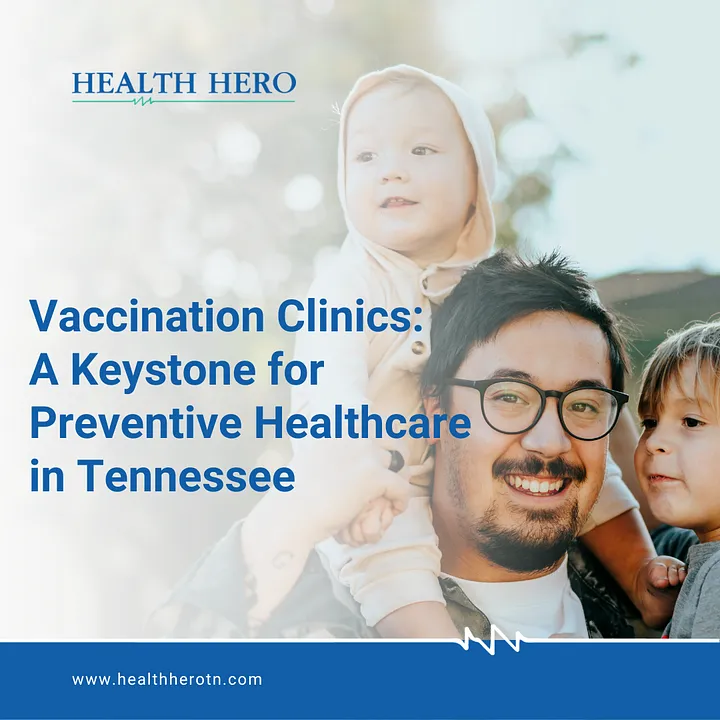More people heading outdoors to bask in the warmer weather and explore Mother Nature also brings us closer to our fellow inhabitants of the world, our furry friends: dogs. As a responsible pet owner, ensuring the health and well-being of your furry companion is undoubtedly a top priority. Vaccinating your dog safeguards its health and plays a significant role in protecting your family, especially your children.
Several vaccines are needed to protect dogs from various infectious diseases, including distemper, parvovirus, hepatitis, kennel cough, and rabies. These illnesses can spread rapidly and have serious outcomes. Rabies is a disease that affects dogs and humans. It can easily be transmitted to humans through bites or scratches.
Once contracted, the virus attacks the nervous system and, if left untreated, is almost always fatal. The symptoms of rabies can vary, with an incubation period ranging from days to more than a year. However, once the virus reaches the brain, it causes flu-like symptoms, leading to aggressive behaviour and eventual paralysis, followed by respiratory and cardiac failure. While this is on the extreme side of infections, dogs can also pass along other illnesses to your children through close contact, such as licking or sharing food and water bowls.
In the event of rabies infection, post-exposure prophylaxis (PEP) entails promptly administering human rabies immune globulin (HRIG) and rabies vaccine following exposure. Additional doses are then administered on days 3, 7, and 14 to ensure comprehensive protection against the virus. HRIG and vaccine are recommended for those not previously vaccinated, regardless of the type of exposure. However, individuals who are previously vaccinated or undergoing pre-exposure vaccination should only receive the vaccine.
While we love to see children bond with dogs, children must clean themselves after playing for several reasons. Maintaining hygiene standards is important because dogs can harbour dirt, germs, and parasites like fleas or ticks, and washing hands mitigates the risk of spreading potential pathogens. Additionally, some children may have allergies triggered by dog dander, saliva, or fur, so washing hands and changing clothes helps minimize exposure to allergens. Ensuring your child washes up afterward also reduces the likelihood of contracting other illnesses such as E. coli or Salmonella.
While wildlife is much more likely to get rabies than domestic pets in the United States, people interact with domestic animals more than wildlife, especially in the spring and summertime. According to the Centers for Disease Control and Prevention, approximately 5,000 animal rabies cases are reported annually, with more than 90% found in wildlife. Each year, rabies kills around 59,000 people worldwide and is a common disease in certain countries. Human fatalities from rabies are rare but do occur in people who don’t seek medical care.
It’s important to be aware of the risk of this disease when you head out for hikes and even walks in your local neighbourhood. It’s always important to keep your pets up to date on their rabies vaccination to prevent them from acquiring the disease from wildlife and transmitting it to those you love, especially children.
Sources:

